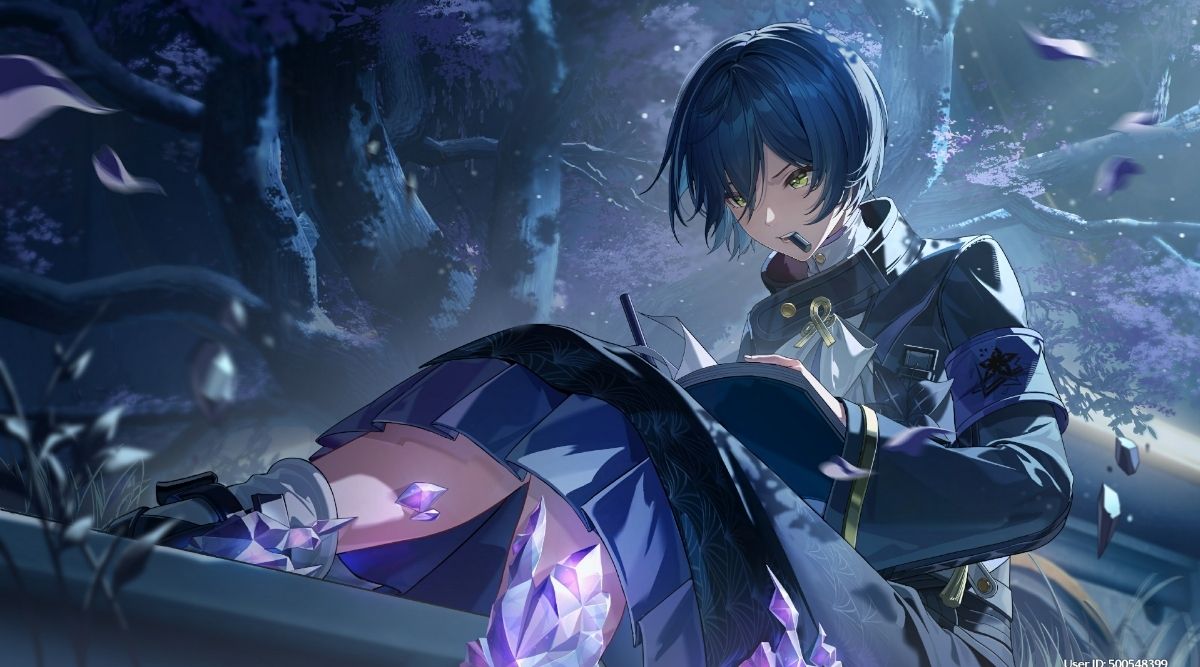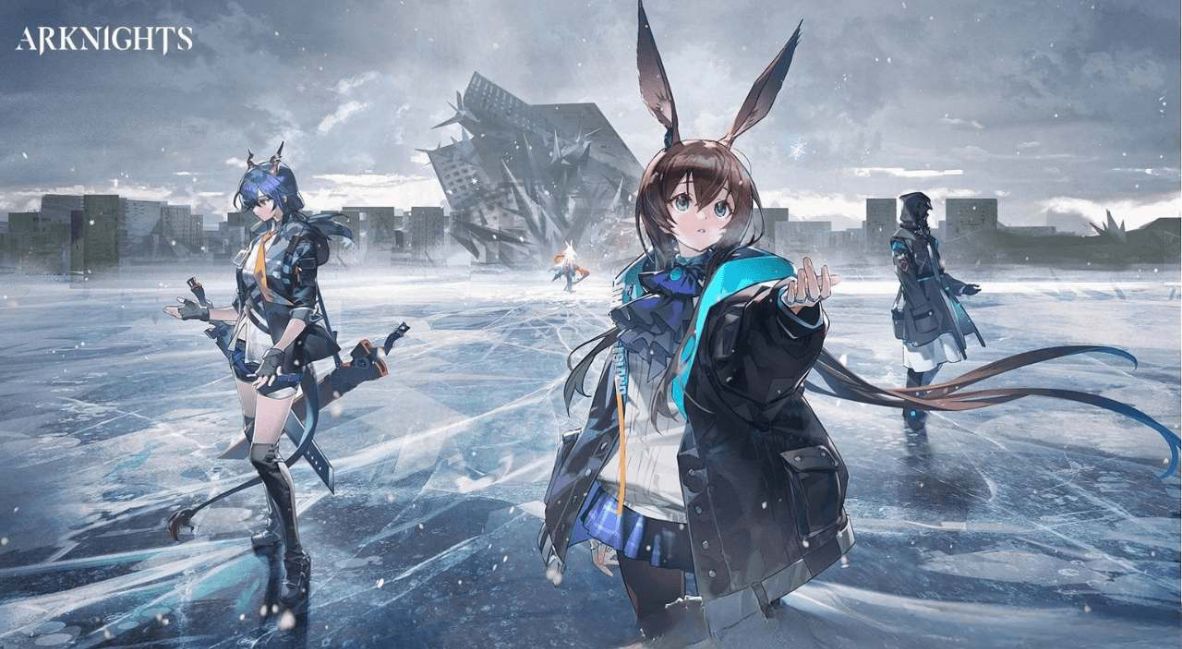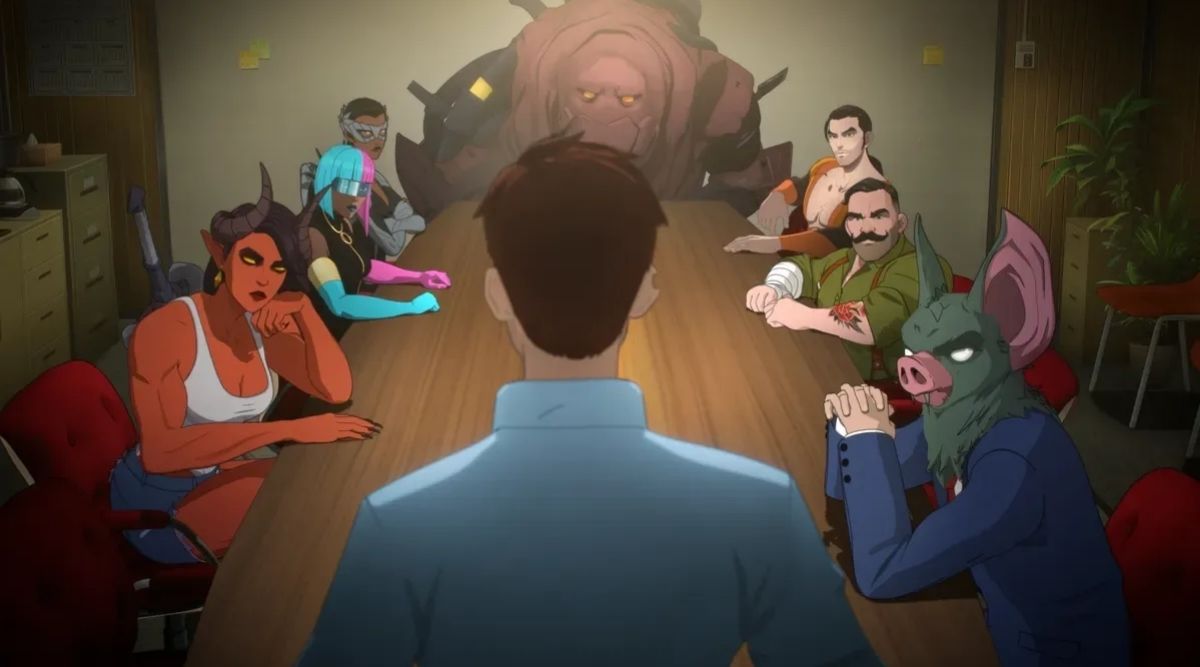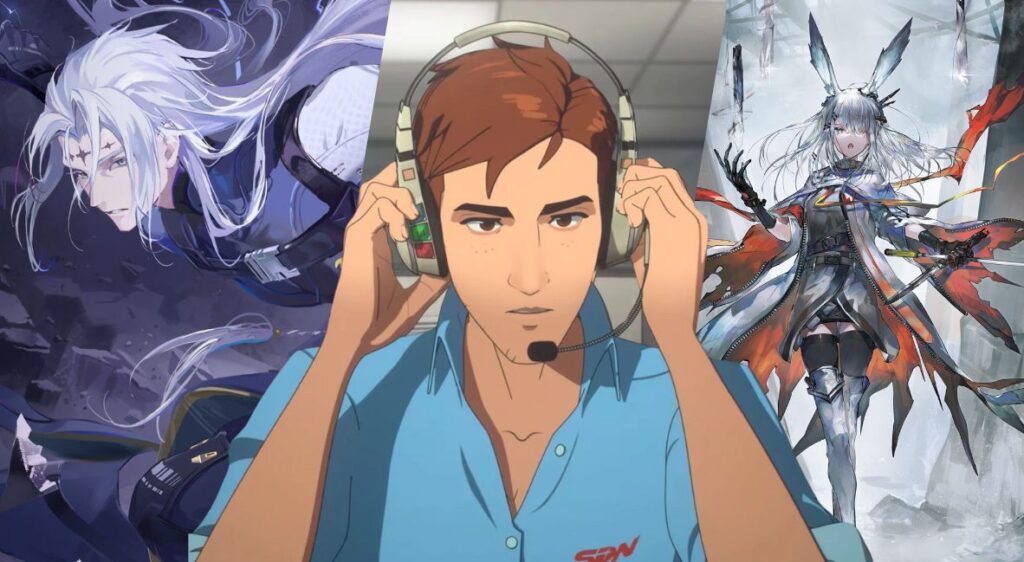When people think of episodic gaming, the name most likely to pop into their head is Telltale Games. Pioneers of the term, the company made a suite of games using the release model of periodic content drops for IP-based games like The Walking Dead, Game of Thrones, and others.
But back in 2018, the company closed its doors. Some claim that episodic gaming died with it and has only recently been revived through Ad Hoc Studio’s Dispatch. But the truth is, episodic gaming never left. It just took on a form that many in the industry choose to ignore.
In the intervening years between 2018 and 2025, episodic gaming was adopted into a different area of the hobby: live-service games. While many people think of live-service as PvP games like Call of Duty or Marvel Rivals, many live-service games deliver stories and worlds that their fan bases have fallen in love with. Bringing new content with near clockwork precision, these games have shown that many players will happily return time and again for new stories and adventures in their favourite settings.
“Mobile” and “gacha” games often lead players to incorrectly assume what type of experience a game offers.

So why have these games been so categorically overlooked? Well, there are some terms associated with many of them that instantly put off much of the mainstream gaming community. Terms like “mobile” or “gacha” can be applied to these games. For many, this instantly relegates them to the “cash grab” category.
As a genre, gacha games feature a system inspired by how gachapon machines (where it gets its name) work. Similar to how loot boxes work, gacha games are live service titles that allow players to spend in-game currency to receive a random in-game item, often new characters.
While some of these games do feature oppressive monetization, others do not. Furthermore, many of these games deliver a quality amount of content and depth, making them great investments of time and money for their fans. For example, Wuthering Waves: A live-service game I’ve played since day one. It’s been running for a year and a half, and recently dropped its 2.8 update.
An episodic nature allowed Wuthering Waves to improve over its first year post-release.

While the game’s initial release was rocky, it has grown and improved, delivering on the promise of an ever-expanding world populated by memorable characters. Early on, it used its first four expansions to lay the groundwork for the major concepts and organizations of its world, before diving into its first, full-year story arc when it travelled to Rinascita this past January.
For the next eleven months, Wuthering Waves led its player base on a journey through a vast land that never failed to captivate. Epic struggles, personal conflicts, and cinematic clashes play out in front of a striking and varied fantasy backdrop. And now that 2.8 has been released, its fans are eagerly awaiting news of where 3.0 will take them next.
Along with every update, quality-of-life improvements have come, making the process of navigating menus and the world more streamlined. The demand for time taken on dailies has decreased, along with many other niche points in the interface getting tweaked.
This journey has showcased the power and special nature of episodic releases. The drip feed over the months helps create the sense of an epic journey. Not binged in a weekend or two, the narrative that Kuro Games crafts with these updates feels purposefully built for the release style, letting the narrative grow with each drop.
Arknights and Wuthering Waves have been delivering excellent episodic gaming for years.

Another even older example of episodic gaming in the mobile/gacha market is the 2017 game Arknights. Still running to this day, the game features tower defence-style gameplay, an expanding roster of characters, and a vibrant story.
Enough story in fact that the game has spawned an anime spin-off. Currently three seasons long, these seasons only capture the first arc of the game’s narrative. And another game, Arknights Endfield, is currently in development from Gryphline as well.
Despite several years passing since I last booted up Arknights, I can still recall the fun I had and some of the narrative beats of the game. Protagonists like Amiya and Exusiai, or villains like Mephisto, still stand out as memorable personalities within the narrative that surrounds challenging tower defence gameplay.
Dispatch deserves praise for plenty of things, but episodic gaming never went away.

But despite the immense quality and quantity of content that games like Wuthering Waves and Arknights release, they continue to be overlooked by many gaming outlets for being labelled as mobile and “gacha.” But these elements don’t preclude their content from being episodic, let alone good.
Mobile games should barely exist as a descriptive term these days, beyond letting someone know which device the game is available on. The days when mobile games were almost universally inferior to their PC and console counterparts are a thing of the past. But the term is still bandied about to shove many games into a corner, treating them as less than.
Dispatch deserves plenty of praise. Its characters and storytelling deliver a unique world that is easy to enjoy. However, let’s not eschew the credit other games are owed for carrying on episodic gaming prior to Dispatch. Tons of live-service games have shown that episodic gaming can thrive. It’s not their fault that a couple of keywords in their Steam description cause you not to give them a second thought.







